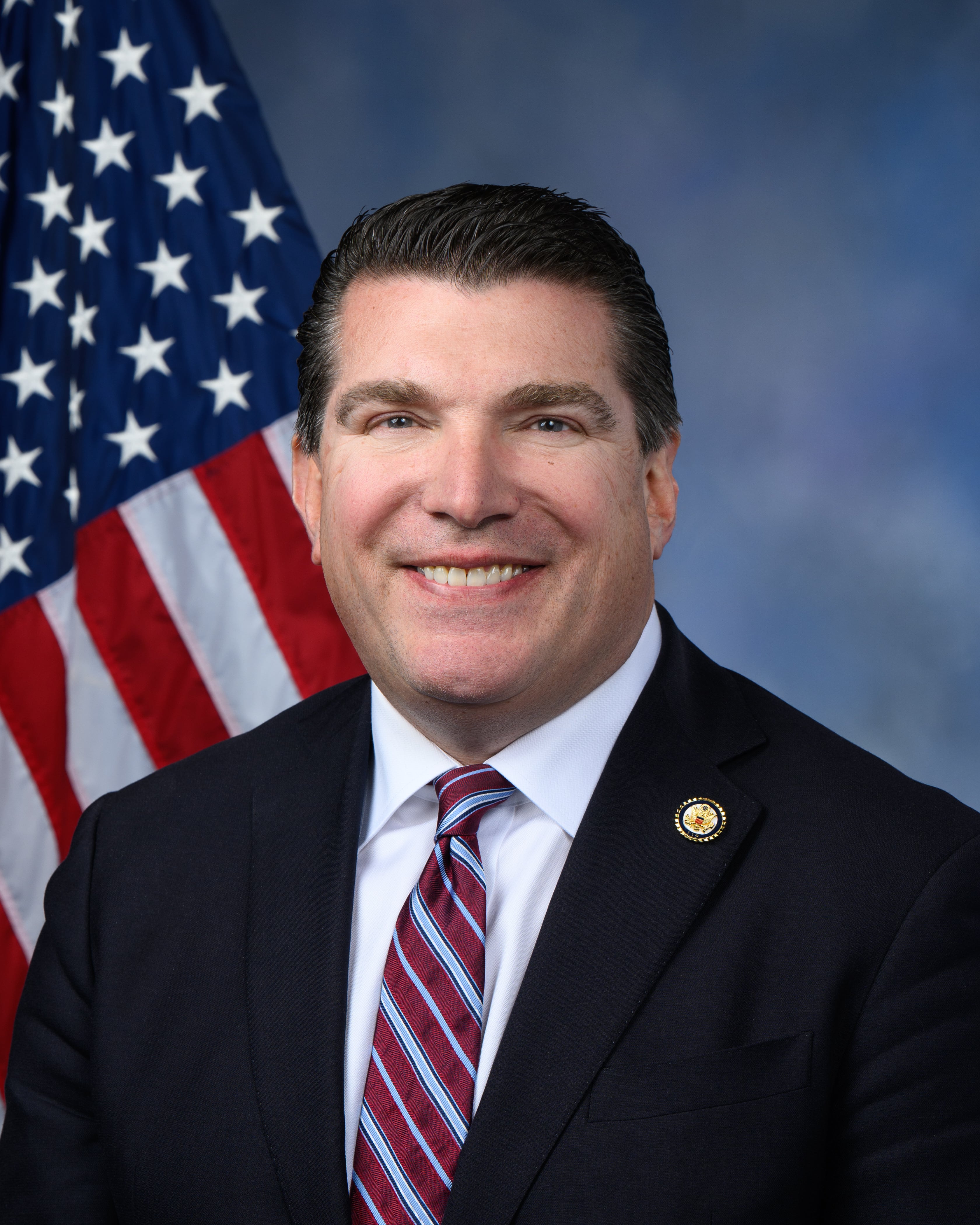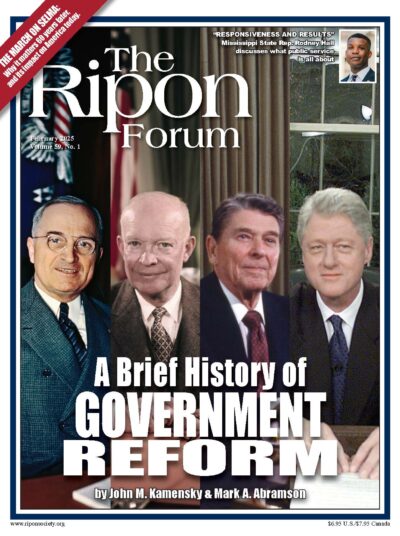
This year marks the 60th anniversary of the Selma Bridge Crossing, an historic event that pays tribute to the courage and sacrifices of those who marched for civil rights. The annual Jubilee serves as a powerful reminder of how far our nation has come to ensure the freedoms and opportunities that define the American dream.
As a Member of Congress, I deeply respect the legacy of great Americans like Dr. Martin Luther King Jr. and all those who stood beside him. The spirit of the Jubilee is one of unity, perseverance, and the unwavering belief that our nation is strongest when we uphold the principles of liberty and justice for all.
As we recently celebrated Martin Luther King Jr. Day, we must reflect on the enduring impact of his leadership. King’s vision for America was rooted in the fundamental truths enshrined in our Declaration of Independence: that all men are created equal, endowed by their Creator with certain unalienable rights. His peaceful protests and powerful oratory challenged our nation to live up to those founding ideals.
King’s journey was one of both faith and action. As a Baptist minister in Atlanta, he carried the moral weight of his convictions into the public square. Inspired by the teachings of Gandhi, he championed nonviolent resistance as the means to achieve meaningful, lasting change. His leadership in the Montgomery Bus Boycott and the 1963 March on Washington ultimately led to the passage of the Civil Rights Act and the Voting Rights Act — two landmark pieces of legislation that reaffirmed the rights and dignity of every American.
The ability of citizens to organize, march, and voice their grievances is a cornerstone of our republic, allowing crusades like the Civil Rights Movement to shape our nation for the better.

Our nation was founded on the principles of democracy and freedom, and the Constitution enshrines the right to peaceful protest as a means to advocate for change. The ability of citizens to organize, march, and voice their grievances is a cornerstone of our republic, allowing crusades like the Civil Rights Movement to shape our nation for the better. In 1964, Martin Luther King Jr. was awarded the Nobel Peace Prize for his unwavering commitment to justice. Just four years later, he was tragically assassinated, but his dream did not die with him. His legacy endures in the freedoms we enjoy today, in the millions of Americans who continue to strive for a more perfect Union, and in the federal holiday that honors his contributions — signed into law by President Ronald Reagan in 1983.
King once said, “The ultimate measure of a man is not where he stands in moments of comfort and convenience, but where he stands at times of challenge and controversy.” His words serve as a call to action for all of us. As elected leaders, as citizens, and as Americans, we must remain steadfast in our commitment to the values that make our nation great—freedom, opportunity, and equality under the law.
As we reflect on the 60th anniversary of the Selma Bridge Crossing, we do so with a renewed commitment to honoring the sacrifices of those who marched before us. Their courage and determination shaped the America we know today, and it is our responsibility to continue their work by fostering a society that values faith, family, and freedom.
In the spirit of Martin Luther King Jr., let us strive to be a nation that stands firm in times of challenge and controversy and upholds the American promise for the generations of Americans to come.
Jay Obernolte represents the 23rd District of California in the U.S. House of Representatives.




